Find Help
More Items From Ergsy search
-
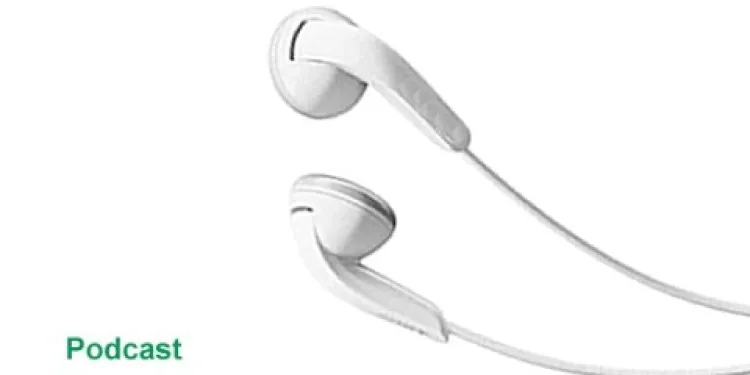
Coping with dry mouth
Relevance: 100%
-

Mouth Cancer Awareness
Relevance: 49%
-
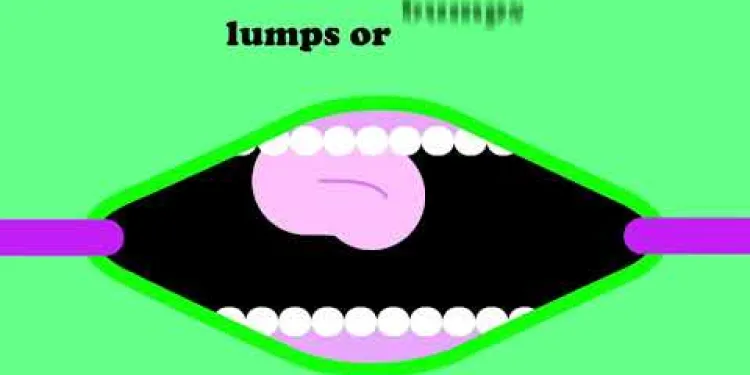
Mouth Cancer Infomercial
Relevance: 48%
-

What are common side effects of CBD?
Relevance: 25%
-
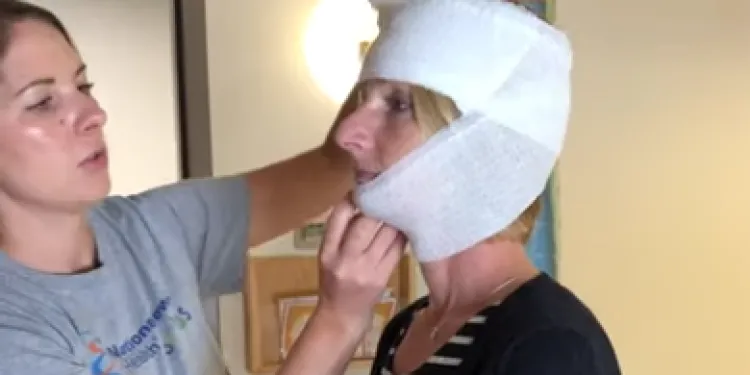
How to apply wet wrap bandaging to the head and face area.
Relevance: 17%
-
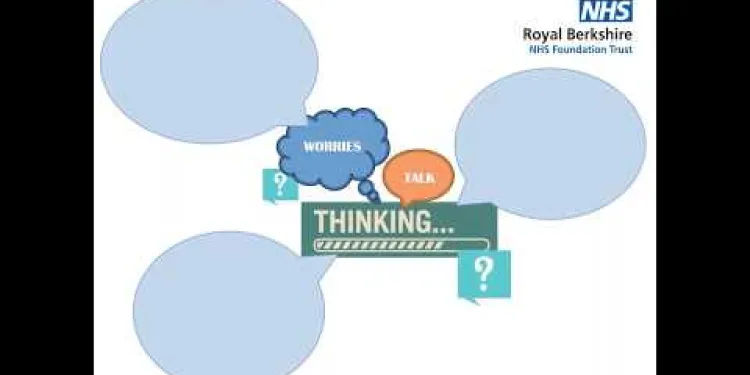
Royal Berkshire NHS Foundation Trust: Radiotherapy for head and neck cancers
Relevance: 17%
-
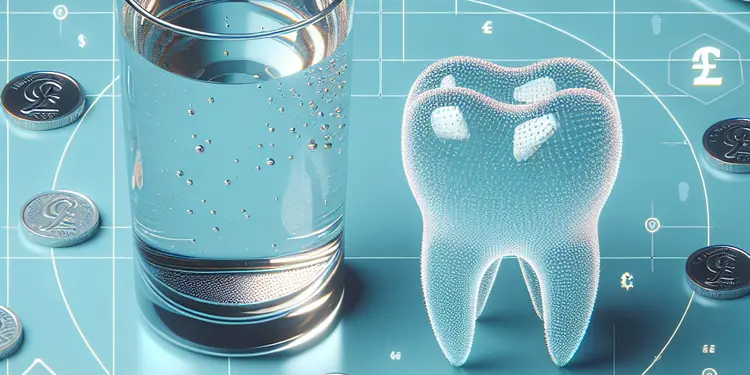
Can drinking water help prevent tooth decay?
Relevance: 16%
-
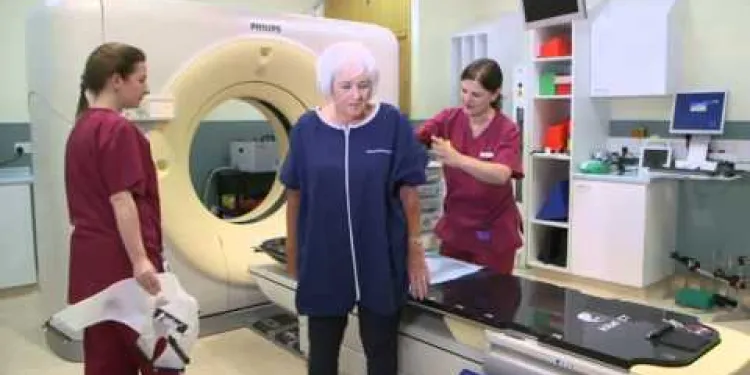
Radiotherapy to the Head and Neck: A Guide for patients and their carers
Relevance: 16%
-
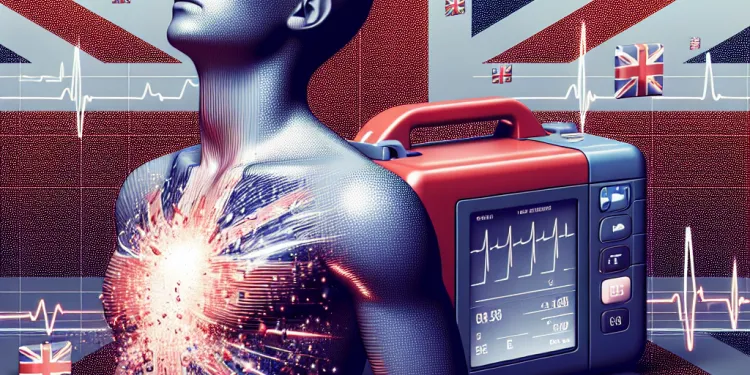
Can you use a defibrillator on a wet person?
Relevance: 16%
-

What role does hydration play when experiencing side effects from weight loss drugs?
Relevance: 15%
-
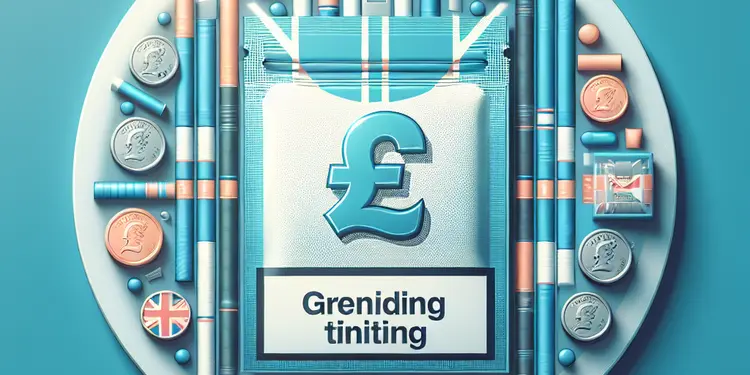
How is nicotine absorbed from nicotine pouches?
Relevance: 15%
-
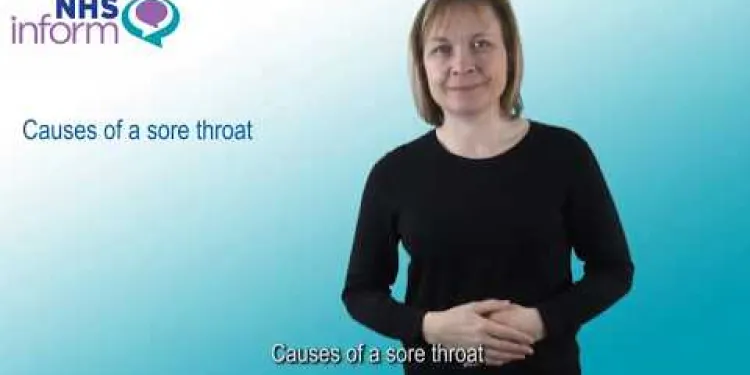
Causes of a sore throat
Relevance: 15%
-
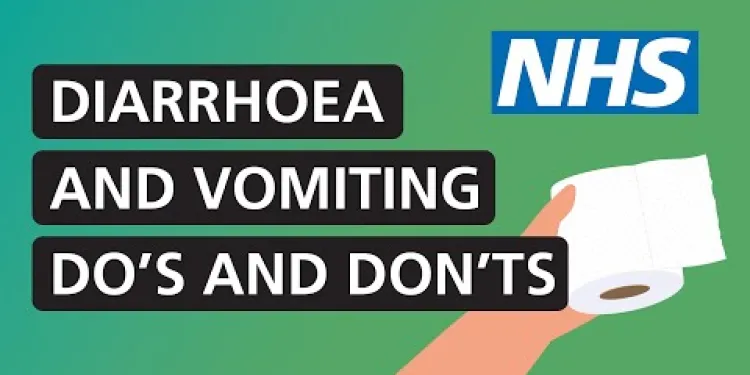
How to treat diarrhoea and vomiting at home (adults and children aged 5 and over) | NHS
Relevance: 15%
-
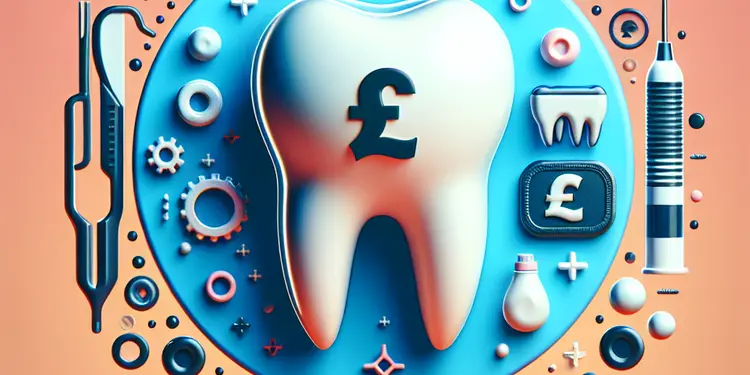
How can I prevent tooth decay?
Relevance: 15%
-
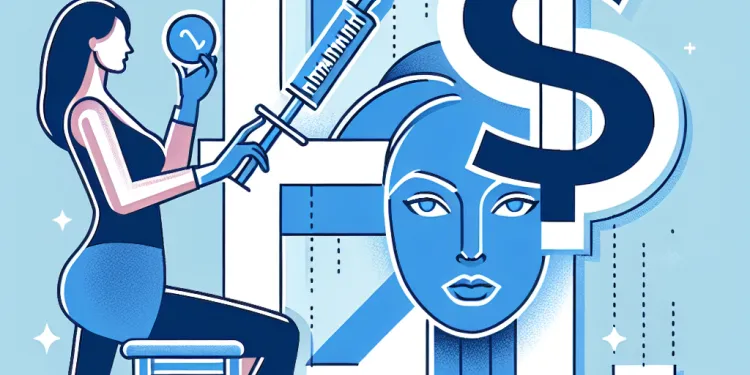
What are the side effects of Botox?
Relevance: 14%
-
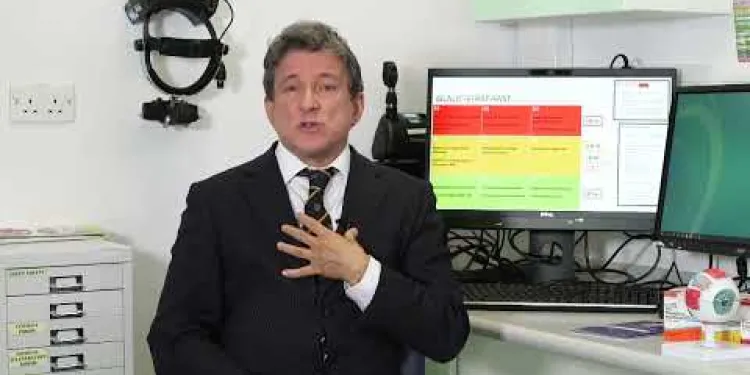
Glaucoma: general side effects of eye drops
Relevance: 14%
-

When should I seek medical advice for norovirus?
Relevance: 14%
-
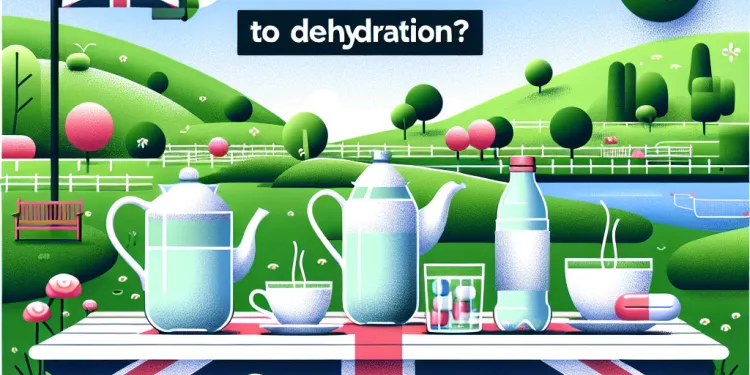
Can Ozempic lead to dehydration?
Relevance: 14%
-
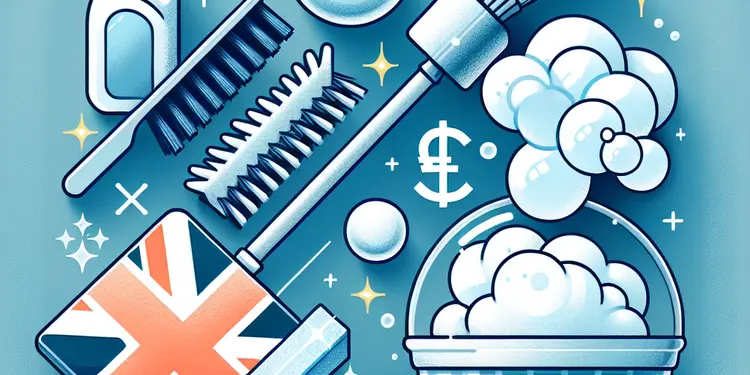
How should household items be cleaned after a scabies infection?
Relevance: 14%
-
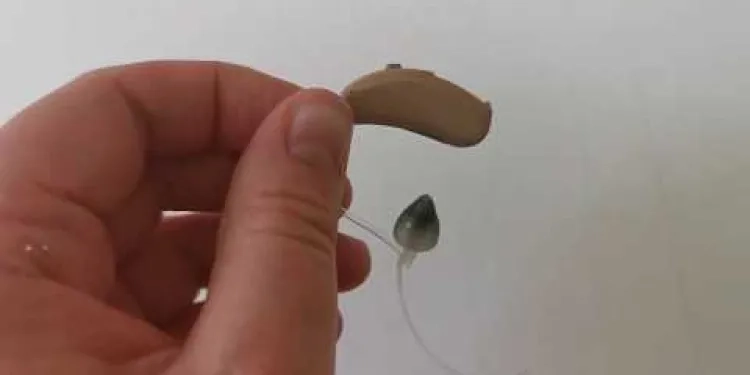
How to clean your hearing aid
Relevance: 13%
-

Antihistamines how they work with hay fever
Relevance: 13%
-
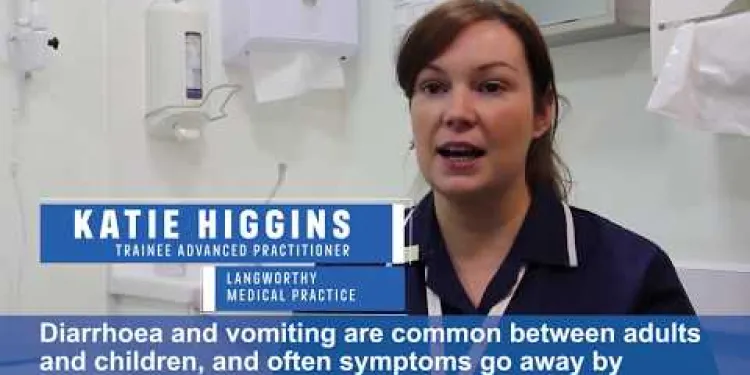
Advice for diarrhoea and vomiting
Relevance: 13%
-

Can I use a humidifier to help with my cold symptoms?
Relevance: 13%
-
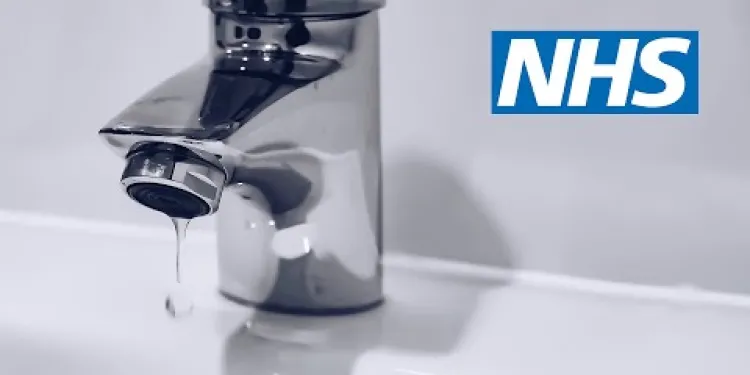
How to prevent dehydration | NHS
Relevance: 13%
-

My child has vomiting and diarrhoea - what do I do?
Relevance: 13%
-
Can you overdose on CBD?
Relevance: 13%
-

How to Keep a Child With Chickenpox Comfortable
Relevance: 13%
-
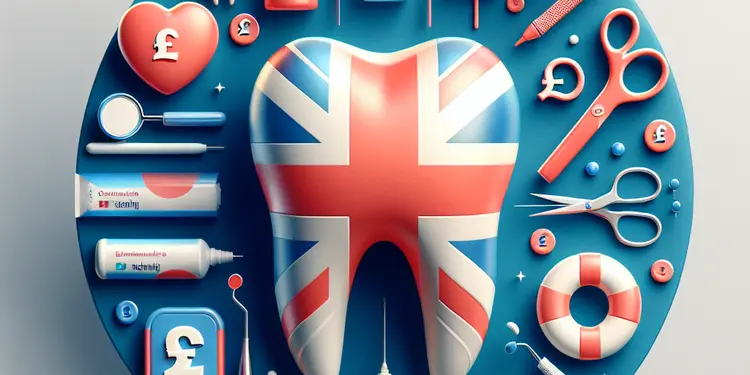
How does fluoride help prevent tooth decay?
Relevance: 12%
-

What items should I wash if I have bed bugs?
Relevance: 12%
-
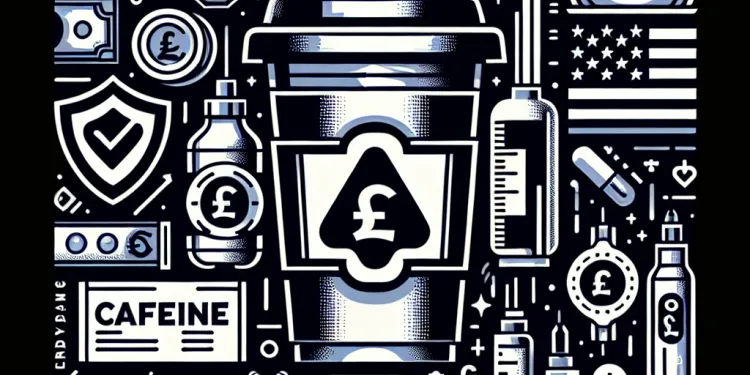
Are caffeine pouches safe?
Relevance: 12%
-
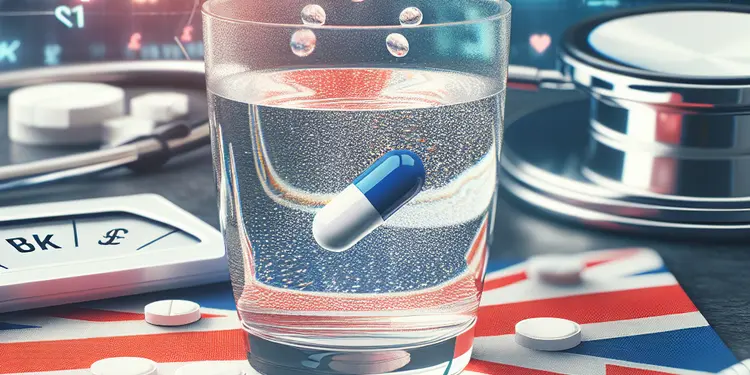
Can weight loss drugs cause dehydration?
Relevance: 12%
-

How much water should I drink during a heatwave?
Relevance: 12%
-

Can you shower with a stoma bag?
Relevance: 12%
-
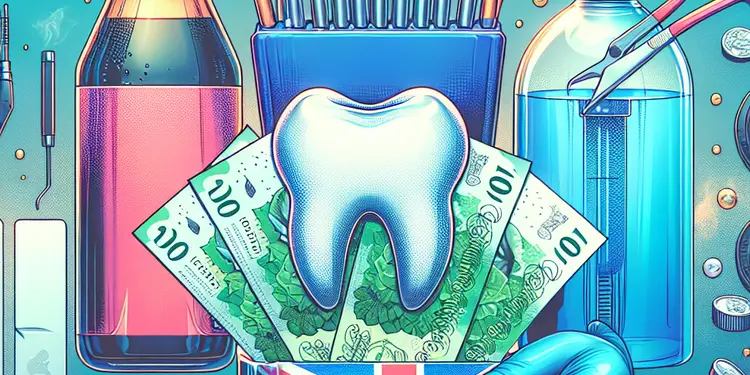
Can using nicotine pouches affect oral health?
Relevance: 12%
-
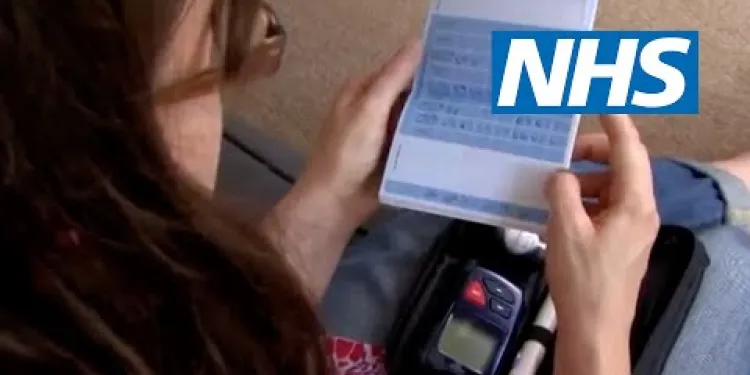
Gestational diabetes | NHS
Relevance: 12%
-

Dealing with Common Childhood Illnesses
Relevance: 12%
-

How can I tell if rice has gone bad?
Relevance: 12%
-
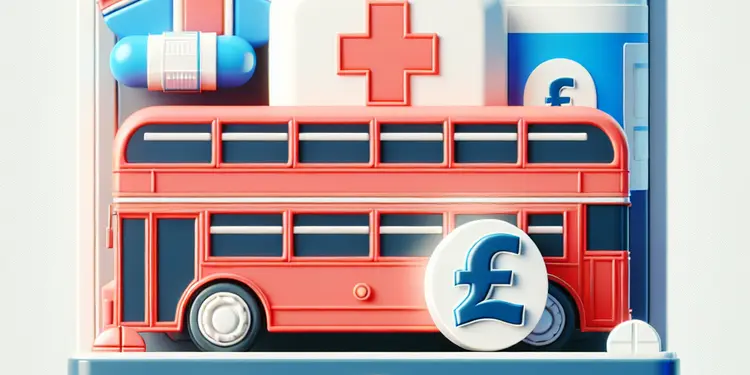
How should Wegovy tablets be stored?
Relevance: 12%
-
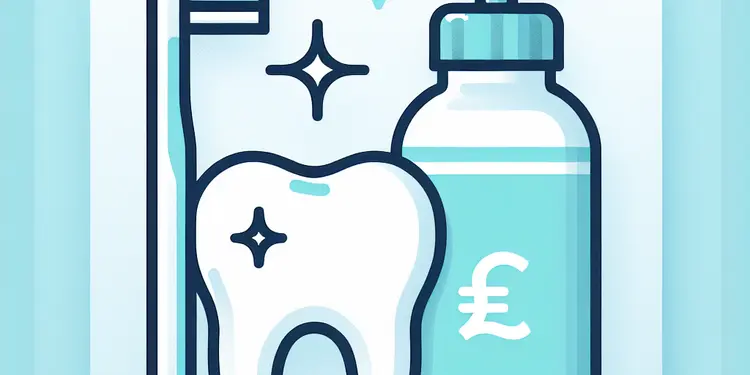
Can using mouthwash prevent tooth decay?
Relevance: 11%
-

What are common side effects of weight loss drugs?
Relevance: 11%
Coping with Dry Mouth
Understanding Dry Mouth
Dry mouth, also known as xerostomia, occurs when the salivary glands in the mouth don't produce enough saliva. It can be uncomfortable and lead to other health issues, such as bad breath, difficulty swallowing, and dental problems. Recognising the symptoms and understanding the causes can help you take effective steps to manage it.Causes of Dry Mouth
Dry mouth can result from various factors, including medication side effects, medical conditions like diabetes and Sjögren's syndrome, or radiation therapy for cancer. Lifestyle choices, such as smoking or excessive alcohol consumption, can also contribute to the condition. Identifying the root cause with the help of your GP can guide your coping strategies.Staying Hydrated
One of the simplest ways to combat dry mouth is by staying well-hydrated. Drink water regularly throughout the day. Carry a water bottle with you, especially if you're going to be talking a lot or are in an environment that could dry out your mouth further.Using Saliva Substitutes and Stimulants
Over-the-counter saliva substitutes and mouthwashes designed for dry mouth can relieve symptoms. Products containing xylitol can stimulate saliva production. Some people find that sugar-free chewing gum or lozenges can also help in promoting saliva flow and keeping the mouth moist.Practicing Good Oral Hygiene
Maintaining good oral hygiene is crucial when dealing with dry mouth. Brush your teeth at least twice a day using fluoride toothpaste, and floss daily. Regular dental check-ups are important to prevent tooth decay, which can be exacerbated by a dry mouth.Making Dietary Changes
Avoid caffeine, alcohol, and tobacco products, as these can dry out your mouth. Limit your intake of salty or spicy foods. Instead, opt for moist foods and incorporate more fruits and vegetables into your diet. Sucking on ice chips can also provide temporary relief.Seeking Professional Advice
If you suspect that medication or a medical condition is causing your dry mouth, consult your GP or pharmacist. They might adjust your medication or suggest alternative treatments. Regular visits to your dentist can help in monitoring and managing any dental issues caused by dry mouth.Coping with Dry Mouth
Understanding Dry Mouth
Dry mouth happens when your mouth does not make enough saliva. Saliva is spit, and it keeps your mouth wet. If you have a dry mouth, it can be hard to swallow and might cause bad breath or problems with your teeth. Knowing what causes dry mouth can help you stop it.Causes of Dry Mouth
Dry mouth can be because of many things. It can be from medicine, health problems like diabetes, or treatments like cancer therapy. Smoking or drinking too much alcohol can also cause dry mouth. Talk to your doctor to find out why you have a dry mouth so they can help you.Staying Hydrated
Drinking water is an easy way to help dry mouth. Drink water often during the day. Keep a water bottle with you, especially if you talk a lot or are in a dry place.Using Saliva Substitutes and Stimulants
Some special mouthwashes and saliva substitutes can help. Look for products with xylitol, which helps make more saliva. Chewing sugar-free gum or sucking on sugar-free candies can also help make your mouth wet.Practicing Good Oral Hygiene
Brush your teeth at least twice a day with toothpaste that has fluoride. Floss your teeth every day. Go to the dentist regularly to make sure your teeth stay healthy and to stop decay from dry mouth.Making Dietary Changes
Stay away from drinks like coffee and alcohol, and do not smoke. These can dry out your mouth. Avoid salty or spicy foods. Eat more fruits and vegetables and foods that have moisture. Sucking on ice chips can help your mouth feel better for a short time.Seeking Professional Advice
If you think your dry mouth is from medicine or a health problem, talk to your doctor or pharmacist. They can change your medicine or suggest other treatments. Visiting your dentist can help control any tooth problems caused by dry mouth.Frequently Asked Questions
What are common causes of dry mouth?
Common causes of dry mouth include medications, dehydration, medical conditions such as diabetes, and lifestyle factors such as smoking or alcohol consumption.
How can I alleviate dry mouth at home?
To alleviate dry mouth at home, drink plenty of water, use sugar-free gum or lozenges, avoid caffeine and alcohol, and use a humidifier in your bedroom.
Are there over-the-counter products that can help with dry mouth?
Yes, there are over-the-counter products like mouthwashes, saliva substitutes, and sugar-free gum that can help with dry mouth.
Can certain foods help with dry mouth?
Yes, foods that are high in water content such as cucumber, melon, and celery can help keep your mouth moist. Avoid salty and spicy foods which can exacerbate dry mouth.
What lifestyle changes can I make to reduce dry mouth?
Lifestyle changes such as quitting smoking, reducing alcohol intake, staying hydrated, and avoiding caffeine can help reduce dry mouth.
Is dry mouth a symptom of a serious medical condition?
Dry mouth can be a symptom of medical conditions like diabetes, Sjögren's syndrome, or HIV/AIDS. If persistent, it’s best to consult a healthcare provider.
What is the role of saliva in oral health?
Saliva plays a crucial role in maintaining oral health by neutralising acids, washing away food particles, and providing enzymes that aid digestion.
Can dry mouth cause other health problems?
Yes, chronic dry mouth can lead to tooth decay, gingivitis, bad breath, and difficulty swallowing or speaking.
Does eating sugar-free sweets help with dry mouth?
Yes, sugar-free sweets can stimulate saliva production which can help alleviate dry mouth.
What should I avoid to prevent dry mouth?
To prevent dry mouth, avoid tobacco products, alcohol, caffeine, and sugary or acidic foods.
What are the symptoms of dry mouth?
Symptoms of dry mouth include a sticky feeling in the mouth, frequent thirst, sore throat, dry nasal passages, and difficulty chewing or swallowing.
Can dry mouth be a side effect of medications?
Yes, many medications including antihistamines, antidepressants, and painkillers can cause dry mouth as a side effect.
How can chewing gum help with dry mouth?
Chewing gum stimulates saliva production, which can help keep your mouth moist and prevent dry mouth.
What is a saliva substitute and how does it work?
A saliva substitute is a product that mimics natural saliva and helps lubricate and moisten the mouth; it can be found in sprays, gels, or rinses.
When should I see a doctor about my dry mouth?
You should see a doctor if your dry mouth persists despite home treatments, or if it is accompanied by other symptoms such as pain, swelling, or difficulty eating and speaking.
What can make your mouth feel dry?
Below are some reasons why your mouth might feel dry. You can try reading them with a helper or use text-to-speech tools to listen to the text.
- **Medicines:** Some pills you take can make your mouth dry. - **Health Problems:** Certain illnesses can cause dry mouth. - **Not Drinking Enough Water:** If you don't drink enough water, your mouth can feel dry. - **Smoking:** Smoking cigarettes can dry out your mouth. - **Age:** As people get older, their mouths can sometimes get dry.If you need more help, you could ask a friend, family member, or a teacher to help you understand this better.
Dry mouth can happen because of different things.
It might be because of medicine, not drinking enough water, health problems like diabetes, smoking, or drinking alcohol.
To help, you can try:
- Drinking more water.
- Chewing sugar-free gum to make more saliva.
- Talking to a doctor if it doesn’t get better.
- Using mouthwash that doesn't have alcohol.
How can I help dry mouth at home?
To help with a dry mouth at home, try these tips:
- Drink a lot of water.
- Chew sugar-free gum or suck on sugar-free sweets.
- Do not drink caffeine or alcohol.
- Use a humidifier in your bedroom.
These tips can make your mouth feel better. You can also try using a straw to help drink water.
Can I buy stuff at the store to help with dry mouth?
Yes, you can buy things like mouthwash, saliva substitutes, and sugar-free gum at the store. They can help if your mouth feels dry.
Can some foods help with a dry mouth?
Yes, some foods can help keep your mouth wet. Foods like cucumber, melon, and celery have lots of water. Avoid salty and spicy foods, as they can make your mouth feel dry.
How can I stop my mouth from being dry?
Making changes in how you live can help if you have a dry mouth. Here are some things you can do:
- Stop smoking.
- Drink less alcohol.
- Drink plenty of water.
- Try to avoid drinks with caffeine, like coffee and tea.
These things can help your mouth feel better and less dry!
Can a dry mouth mean you are sick?
Having a dry mouth can be a sign of some illnesses like diabetes, Sjögren's syndrome, or HIV/AIDS. If your mouth feels dry a lot, it is a good idea to talk to a doctor.
What does saliva do to keep your mouth healthy?
Saliva helps to keep your mouth clean and healthy. It washes away food and germs. Saliva also helps you chew and swallow food. If you make less saliva, you might get more cavities or bad breath.
Here are some things that might help you:
- Drink plenty of water to keep your mouth wet.
- Chew sugar-free gum to make more saliva.
- Brush your teeth twice a day.
- Visit the dentist regularly.
Saliva is very important for keeping your mouth healthy. It helps stop acids, cleans away bits of food, and has special helpers called enzymes that help with digestion.
Can a dry mouth make you sick?
Yes, having a dry mouth all the time can cause problems like getting holes in your teeth, gum disease, bad breath, and trouble swallowing or talking.
Can sugar-free sweets help with dry mouth?
Do you have a dry mouth? Dry mouth means your mouth feels very dry and sticky.
Sugar-free sweets might help. These sweets do not have sugar. They can help if your mouth is dry.
Why? Because they can make you produce more saliva. Saliva is the wet stuff your mouth makes.
Here are some tips:
- Try sucking on sugar-free sweets or chewing sugar-free gum.
- Drink lots of water. Water keeps your mouth wet.
Yes, sugar-free sweets can help make more spit in your mouth. This can help if your mouth feels dry.
What things can I stop to help my mouth not feel dry?
To stop having a dry mouth, do not use tobacco, drinks with alcohol, drinks with caffeine, or food with a lot of sugar or acid.
What happens when your mouth is dry?
Here are some things you might feel if your mouth is dry:
- Your mouth feels sticky or dry.
- You feel thirsty a lot.
- It is hard to chew, swallow, or talk.
- Your throat hurts.
- Your lips are dry or cracked.
- Your tongue feels rough.
- You have bad breath.
- You might have a sore in your mouth.
If you feel like this, drinking water and sucking on sugar-free candies can help.
Signs of a dry mouth are:
- Your mouth feels sticky.
- You feel thirsty a lot.
- Your throat feels sore.
- Your nose feels dry.
- It is hard to chew or swallow.
Here are some ways to help:
- Drink water often.
- Suck on sugar-free candy or chew gum.
- Use a humidifier in your room.
- Try a mouthwash made for dry mouth.
Can medicine make your mouth dry?
Some types of medicine might make your mouth feel dry.
This means you don’t have enough spit.
If your medicine is making your mouth dry, tell your doctor or a grown-up.
They might help you find a way to feel better.
Here are some ways to help:
- Drink sips of water often.
- Chew sugar-free gum.
- Use a mouth spray to help your mouth stay wet.
Yes, lots of different medicines can make your mouth feel dry. This can happen with allergy medicines, mood medicines, and pain medicines.
How does chewing gum help with a dry mouth?
Chewing gum can help make your mouth wet. It helps because:
- Makes you spit: When you chew gum, it helps your mouth make more spit.
- Keeps mouth busy: Chewing keeps your mouth active, so it stays wet.
If you have a dry mouth, try chewing sugar-free gum.
Tools that can help:
- Water bottle: Sip water often to help keep your mouth wet.
- Moisturizing spray: Use a mouth spray to add wetness.
Chewing gum makes more spit in your mouth. This is good because it keeps your mouth wet and stops it from getting too dry.
A good tool to help read is a reading pen. It can read the words out loud and help you understand better.
What is a spit substitute and how does it work?
A spit substitute is something people use when their mouth is too dry. It helps make the mouth wet.
Our mouths need to be wet to chew food and talk easily.
Sometimes, our bodies don't make enough spit. A spit substitute can help.
It often comes as a spray or a gel. You can put it in your mouth to make it feel better.
Tools that can help with reading:
- Text-to-speech tools: Use a computer or phone to read words out loud.
- Reading ruler: Use a piece of card to follow a line of text.
- Break it down: Read one sentence at a time and take breaks.
A saliva substitute is something you can use when your mouth feels dry. It works like real spit and helps keep your mouth wet. You can get it as a spray, gel, or mouth rinse.
When should I visit a doctor for my dry mouth?
If your mouth feels dry a lot, it can be a problem.
Here are some reasons to go to the doctor:
- Your dry mouth does not get better.
- It is hard to eat or talk because of the dry mouth.
- Your tongue or mouth hurts.
- You have trouble swallowing.
- You have a dry throat or bad breath.
Doctors can help. You can ask a family member or friend to go with you. It might be easier to tell the doctor about your dry mouth. You can also write down your symptoms.
Go to the doctor if your mouth is still dry after trying to fix it at home. Also, see the doctor if your mouth is dry and you have other problems like pain, swelling, or trouble eating and talking.
Here are some ways to help:
- Drink lots of water.
- Chew sugar-free gum to help make saliva.
- Use lip balm if your lips are dry too.
Useful Links
This website offers general information and is not a substitute for professional advice.
Always seek guidance from qualified professionals.
If you have any medical concerns or need urgent help, contact a healthcare professional or emergency services immediately.
Some of this content was generated with AI assistance. We’ve done our best to keep it accurate, helpful, and human-friendly.
- Ergsy carfully checks the information in the videos we provide here.
- Videos shown by Youtube after a video has completed, have NOT been reviewed by ERGSY.
- To view, click the arrow in centre of video.
- Most of the videos you find here will have subtitles and/or closed captions available.
- You may need to turn these on, and choose your preferred language.
- Go to the video you'd like to watch.
- If closed captions (CC) are available, settings will be visible on the bottom right of the video player.
- To turn on Captions, click settings .
- To turn off Captions, click settings again.
More Items From Ergsy search
-

Coping with dry mouth
Relevance: 100%
-

Mouth Cancer Awareness
Relevance: 49%
-

Mouth Cancer Infomercial
Relevance: 48%
-

What are common side effects of CBD?
Relevance: 25%
-

How to apply wet wrap bandaging to the head and face area.
Relevance: 17%
-

Royal Berkshire NHS Foundation Trust: Radiotherapy for head and neck cancers
Relevance: 17%
-

Can drinking water help prevent tooth decay?
Relevance: 16%
-

Radiotherapy to the Head and Neck: A Guide for patients and their carers
Relevance: 16%
-

Can you use a defibrillator on a wet person?
Relevance: 16%
-

What role does hydration play when experiencing side effects from weight loss drugs?
Relevance: 15%
-

How is nicotine absorbed from nicotine pouches?
Relevance: 15%
-

Causes of a sore throat
Relevance: 15%
-

How to treat diarrhoea and vomiting at home (adults and children aged 5 and over) | NHS
Relevance: 15%
-

How can I prevent tooth decay?
Relevance: 15%
-

What are the side effects of Botox?
Relevance: 14%
-

Glaucoma: general side effects of eye drops
Relevance: 14%
-

When should I seek medical advice for norovirus?
Relevance: 14%
-

Can Ozempic lead to dehydration?
Relevance: 14%
-

How should household items be cleaned after a scabies infection?
Relevance: 14%
-

How to clean your hearing aid
Relevance: 13%
-

Antihistamines how they work with hay fever
Relevance: 13%
-

Advice for diarrhoea and vomiting
Relevance: 13%
-

Can I use a humidifier to help with my cold symptoms?
Relevance: 13%
-

How to prevent dehydration | NHS
Relevance: 13%
-

My child has vomiting and diarrhoea - what do I do?
Relevance: 13%
-
Can you overdose on CBD?
Relevance: 13%
-

How to Keep a Child With Chickenpox Comfortable
Relevance: 13%
-

How does fluoride help prevent tooth decay?
Relevance: 12%
-

What items should I wash if I have bed bugs?
Relevance: 12%
-

Are caffeine pouches safe?
Relevance: 12%
-

Can weight loss drugs cause dehydration?
Relevance: 12%
-

How much water should I drink during a heatwave?
Relevance: 12%
-

Can you shower with a stoma bag?
Relevance: 12%
-

Can using nicotine pouches affect oral health?
Relevance: 12%
-

Gestational diabetes | NHS
Relevance: 12%
-

Dealing with Common Childhood Illnesses
Relevance: 12%
-

How can I tell if rice has gone bad?
Relevance: 12%
-

How should Wegovy tablets be stored?
Relevance: 12%
-

Can using mouthwash prevent tooth decay?
Relevance: 11%
-

What are common side effects of weight loss drugs?
Relevance: 11%


